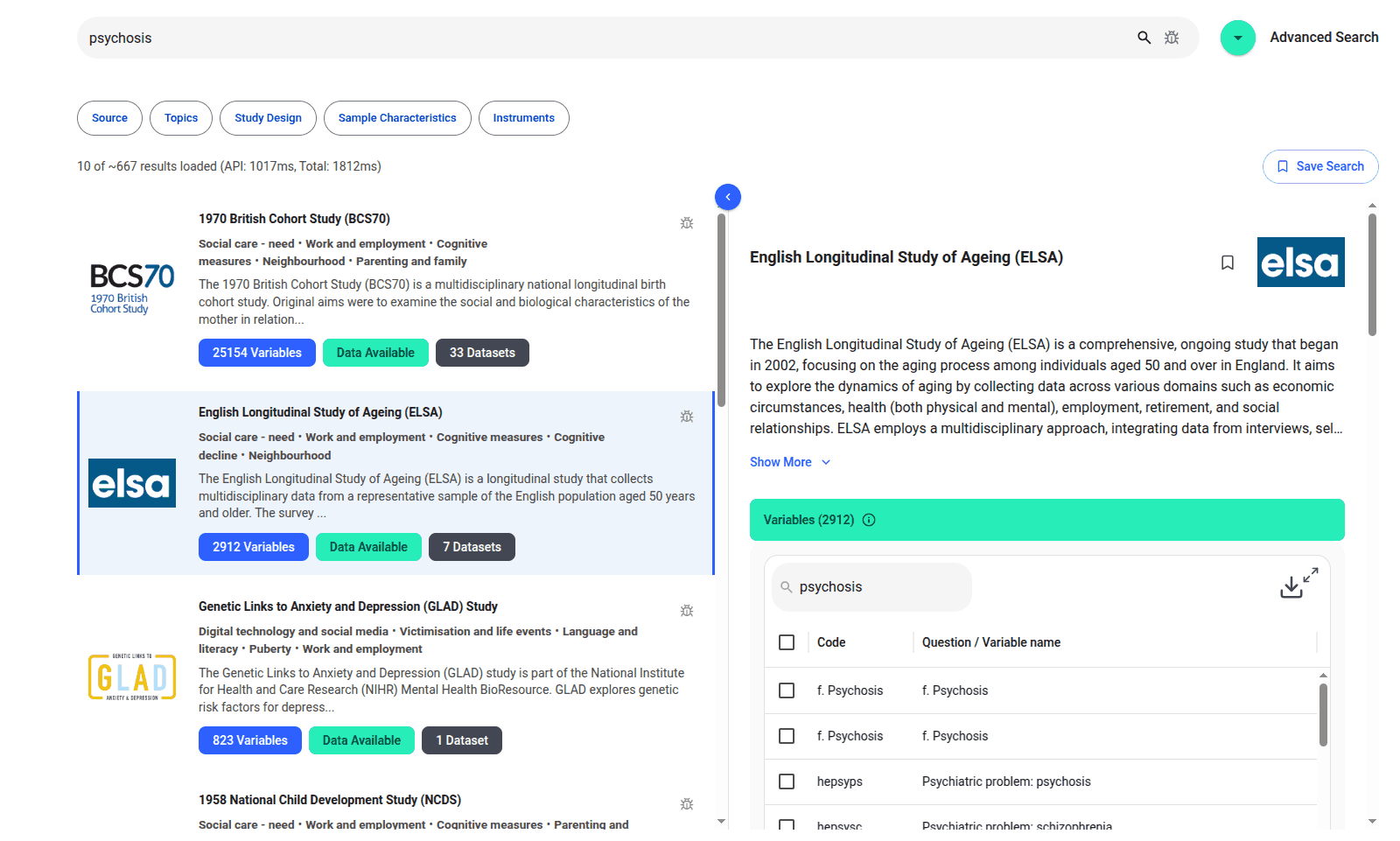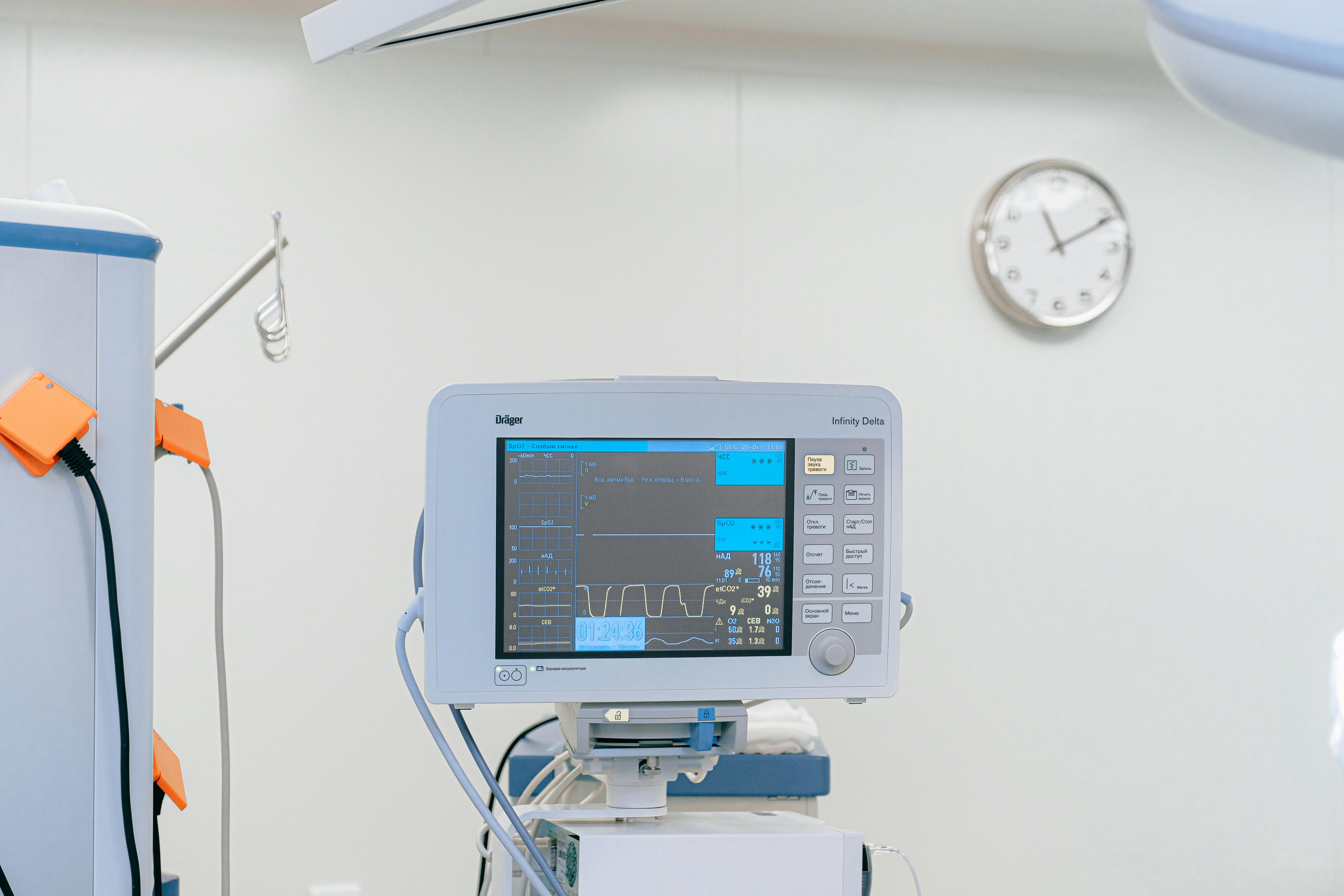
This week, at the World Health Summit 2023 in Berlin, Kristy Kade of the US based non-profit White Ribbon Alliance spoke to delegates at a World Health Organization event about the Women’s health and well-being: What do women want? campaign.
The campaign combined on-the-ground workers asking questions in diverse countries, to cutting edge AI and natural language processing technology, to data presented at the World Health Organization’s World Health Summit 2023 in Berlin.
Fast Data Science - London
Kristy shared that women want a holistic agenda that goes beyond reproductive and maternal health, despite the prominence and timeliness of sexual and reproductive health rights as a major issue in the World Health Summit 2023. They want systems change, including comprehensive elder care, universal health coverage, and economic empowerment, among many other issues. These issues are becoming more urgent amid the ongoing erosion of social safety nets and certain rights in the US and other countries.
In her speech, Kristy also called on the women’s health community to listen to everyday women and to work together to build a new women’s health agenda.
Watch the full video of Kristy’s speech below (starts at 1h02)
Other speakers at the event included Dr Eleanor Nwadinobi, president of the Medical Women’s International Association, who addressed issues from fetal sex selection in West Africa to sexual harassment of female surgeons in Britain and elsewhere, Dr Neil Datta, Secretary of the European Parliamentary Forum for Sexual and Reproductive Rights (EPF), who talked about the Contraception Atlas (which has been described as a “Eurovision” of contraception policy and a great use of data visualisation to drive public policy) and Michael Pergine of Organon.
The results of the analyses of the Women’s health and well-being campaign were unveiled at a side event at the World Health Summit titled Listening Across the Life Course—Women’s Demands for their Health and Well-being in Berlin. Other speakers at the special side event included:
The White Ribbon Alliance team and partners around the world, asked women what they want to improve their health and wellbeing and gathered responses in free text and in respondents’ native languages. This was a huge undertaking involving the coordination of partners including 🇿🇦Sex Workers Education & Advocacy Taskforce (SWEAT), 🇿🇦Muthande Society for the Aged (MUSA), 🇵🇭Coalition of Services of the Elderly (COSE), 🇮🇳HelpAge India, 🇮🇳DIYA Foundation, 🇲🇽Equidad de Género, 🇷🇸Red Cross Serbia, 🇬🇭DeSMAS, 🇧🇫SOS Jeunesse & Défis (SOS-JD), 🇰🇪WRA Kenya, 🇸🇳Le Collectif Dafadoy, 🇳🇬Nigeria Health Watch, Forum for Safe Motherhood in Pakistan, Child Helpline Cambodia, 🇪🇹Consortium of Reproductive Health Associations (CORHA) in Ethiopia, 🇮🇳Child In Need Institute India (CINI) and the 🇳🇬Generation Initiative for Women and Youth Network (GIWYN) in Nigeria.
These texts were analysed by an AI using a natural language processing model developed at Fast Data Science. Users around the world can now explore the results of the campaign in an easy-to-use NLP dashboard at https://explore.whiteribbonalliance.org/en/healthwellbeing. The current predictive accuracy for these responses is 84% but this varies across languages and it’s constantly improving.
You can read more about the event Listening Across the Life Course—Women’s Demands for their Health and Well-being here.
The data shows that women want a holistic approach to their health and well-being. They want access to quality healthcare, but they also want to be able to live in safe and healthy communities, have access to education and employment opportunities, and be able to participate fully in society.
The data also shows that there are significant disparities in women’s health and well-being around the world. Women in developing countries are more likely to die in childbirth, to experience violence and abuse, and to lack access to basic healthcare.
Natural language processing can be used to analyse large amounts of data to identify trends and patterns. This information can be used to develop more effective programs and policies to improve women’s health and well-being.
For example, the data from the Women’s health and well-being campaign can be used to identify the specific health needs of women in different parts of the world. This information can then be used to develop targeted programs and interventions and influence public policy.
If you want to train your own multilingual NLU, our source code is public under MIT licence on the WRA’s Github repository. If you’re interested in learning more about multilingual natural language processing, read more here. You can read more about the challenges of language technology for under-resourced languages such as Shona (which we worked with on the Harmony project here.
The Women’s health and well-being campaign is an important step towards creating a world where all women have the opportunity to live healthy and fulfilling lives. The data from the campaign shows that women want a holistic approach to their health and well-being. They want access to quality healthcare, but they also want to be able to live in safe and healthy communities, have access to education and employment opportunities, and be able to participate fully in society.
Dive into the world of Natural Language Processing! Explore cutting-edge NLP roles that match your skills and passions.
Explore NLP Jobs
We are excited to introduce the new Harmony Meta platform, which we have developed over the past year. Harmony Meta connects many of the existing study catalogues and registers.

Guest post by Jay Dugad Artificial intelligence has become one of the most talked-about forces shaping modern healthcare. Machines detecting disease, systems predicting patient deterioration, and algorithms recommending personalised treatments all once sounded like science fiction but now sit inside hospitals, research labs, and GP practices across the world.

If you are developing an application that needs to interpret free-text medical notes, you might be interested in getting the best possible performance by using OpenAI, Gemini, Claude, or another large language model. But to do that, you would need to send sensitive data, such as personal healthcare data, into the third party LLM. Is this allowed?
What we can do for you